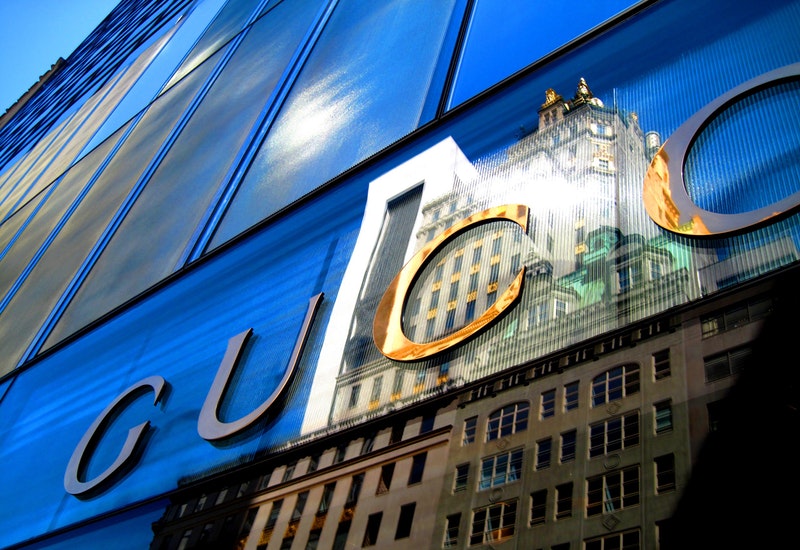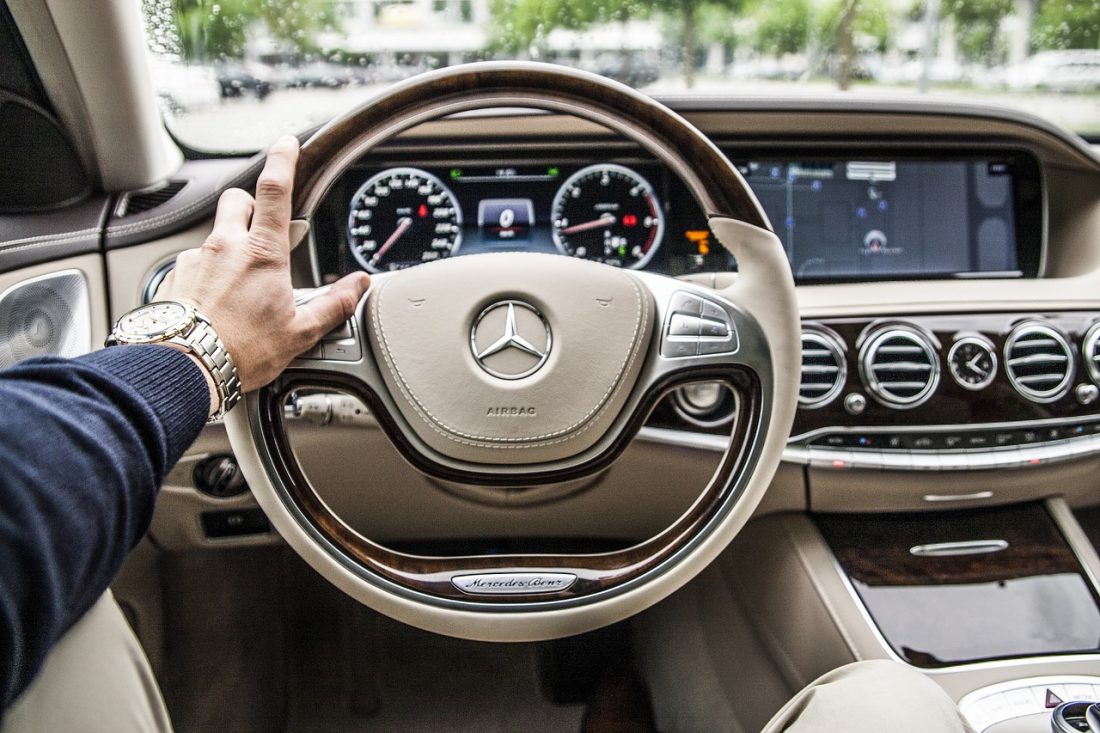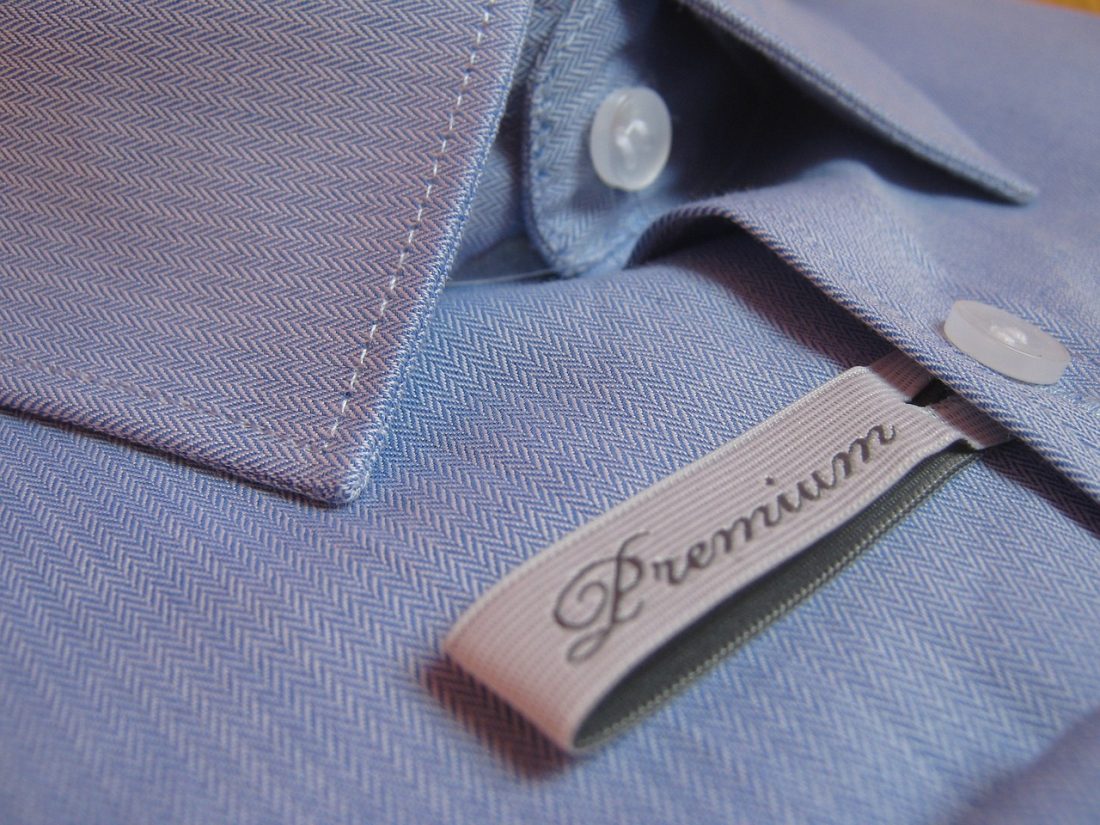New research proves conservative or liberal leanings can provide insight on consumer tendencies – and it all falls back on ideological premise.

While it’s no secret the luxury industry is built on status, new research proves political leanings can provide insight into luxury consumption – why people with money buy what they buy.
Through a series of empirical studies, David Dubois, INSEAD Associate Professor of Marketing, Jeehye Christine Kim of Hong Kong UST Business School, and Brian Park of J. Mack Robinson College of Business at Georgia State University, have found that conservative shoppers are more likely than liberals to spend on luxury items that they believe maintain social status.
Wheels, shades, and other toys
Published in the Journal of Marketing, How Consumers’ Political Ideology and Status-Maintenance Goals Interact to Shape Their Desire for Luxury Goods collected data on political beliefs, desire to buy luxury goods, and social status across three products.
One found that Republicans with high social status were 9.8% more likely to buy a luxury car than their Democratic peers of the same status.
 Another involved activating status goals in buying sunglasses, targeting three target markets with the slogans “Keep your status with status” (maintaining status), “Update your status with status” (status advancement), and “Eyewear for everyone (no status).
Another involved activating status goals in buying sunglasses, targeting three target markets with the slogans “Keep your status with status” (maintaining status), “Update your status with status” (status advancement), and “Eyewear for everyone (no status).
While Republicans and Democrats would both rather buy the shades emphasizing status advancement or maintenance than the one without status positioning, more Republicans tended to emphasize status maintainance over advancement.
This tendency was further proven with an experiment framed around a pair of luxury headphones.
The study’s finding also suggests Republicans’ susceptibility to ‘the lipstick effect’ – spending on products to keep up appearance whenever they feel a threat to their status (in economic crisis or political upheaval, for example).
Dubois points out this is because “conservative ideology naturally tends towards the conservation of the hierarchy and the preservation of status.”
In marketing terms…
 Rolex tells us “class is forever”, Patek Philippe claims “You never actually own a Patek Philippe. You merely look after it for the next generation.” Classic luxury marketing campaigns have been built around ideological appeal, but this study is one of the first to prove a causal link between politics and luxury.
Rolex tells us “class is forever”, Patek Philippe claims “You never actually own a Patek Philippe. You merely look after it for the next generation.” Classic luxury marketing campaigns have been built around ideological appeal, but this study is one of the first to prove a causal link between politics and luxury.
Recommended: Are luxury watches the new trophy?
“This is a very accessible tool for luxury brands. Political affiliations can be determined along geographical lines – and there are tons of granular data easily accessible that enable brands to enact a segmentation based on political ideology”, said Park.
This data is now be leveraged on a greater scale online, based on who you follow or what you like.
“If political ideology shapes people’s views about social hierarchy – from resource redistribution to social judgment, why shouldn’t it also sway consumption behaviours tied to social hierarchy, such as the desire for positional products, among which luxury are primary?” Dubois said.
“It turns out that political affiliation is a very easy segmentation variable that can genuinely inform luxury brand strategy and practices.”
Source: INSEAD










